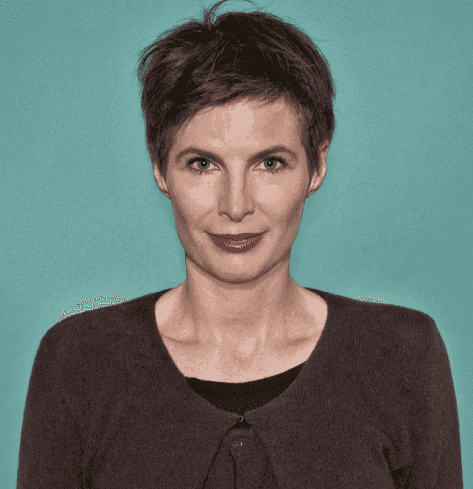When Abigail Forsyth set out on her entrepreneurial journey, she dreamt of changing human behaviour around the globe by creating a sustainable alternative to disposable coffee cups, a staggering number of which are thrown away each week.
So Forsyth and her brother Jamie designed KeepCup, the world’s first barista-standard reusable cup, and have sold more than 850,000 cups in the 22 months since the business’ launch.
KeepCup now has an office in the UK and is sold in 13 Whole Foods Market in the US – and Forsyth can’t keep up with the calls from retailers and distributors keen to sell her product.
In this interview, she shares advice for dealing with the rapid growth of a new business and for achieving something many entrepreneurs can only dream of – a work/life balance.
Q. You knew you had a great entrepreneurial idea with KeepCup, but what was the hardest part of getting it off the ground and how did you overcome it?
The hardest part was having the courage to take the first step and turn the idea into a product and a business. It was my family that was the inspiration; you have to work, so you may as well do something you are passionate about.
Q. What tips do you have for coping with the rapid growth of a new business?
Buckle up and remind yourself it’s a fantastic problem to have. Finding the right people is the most important thing but having the time to find them can be difficult. Having a good network of professional resources to draw from is great and outsourcing tasks can be really beneficial.
Q. What’s your advice for other entrepreneurs and business owners for achieving a work/life balance?
You have to take control and make the best decisions for yourself and your family. There will always be work to do, you can’t finish it but it can finish you!
Q. What role has social media played in getting your business off the ground?
Word of mouth, physically and digitally has been critical to our success. We have invested a lot of time and money in technology to drive a global business with an international presence on limited resources.
Q. What was the most valuable lesson you learned about business on your entrepreneurial journey?
The most valuable lesson I have learned is that you need to invest time in your people.
There will always be increasing amounts of work to do, so time spent recruiting and finding the right people is the best time spent and over time, a great cultural fit is better than a skill set.

